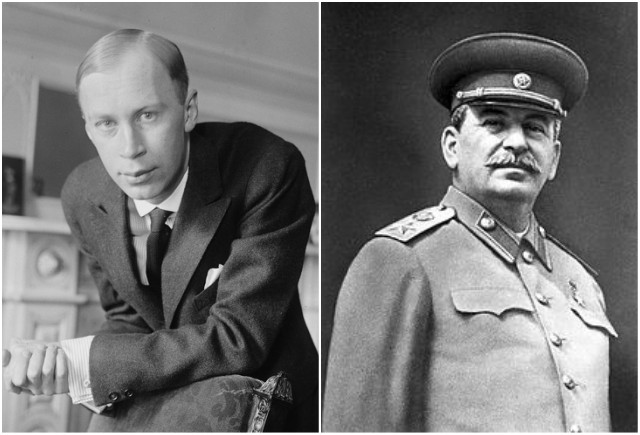Sergei Prokofiev was the most prolific Russian composer, pianist, conductor and possibly one of the greatest composers of the 20th century.
This multi-faceted musician created symphonies, operas, ballets, musical genres and all of these brought him to a pedestal as a musician.
Sergei Sergeievich Prokofiev was born on April 23, 1891, in Sontsovka (now the village of Krasnoe), Ukraine.
During his early years, his mother took him to many opera performances in Moskow and Saint Petersburg.
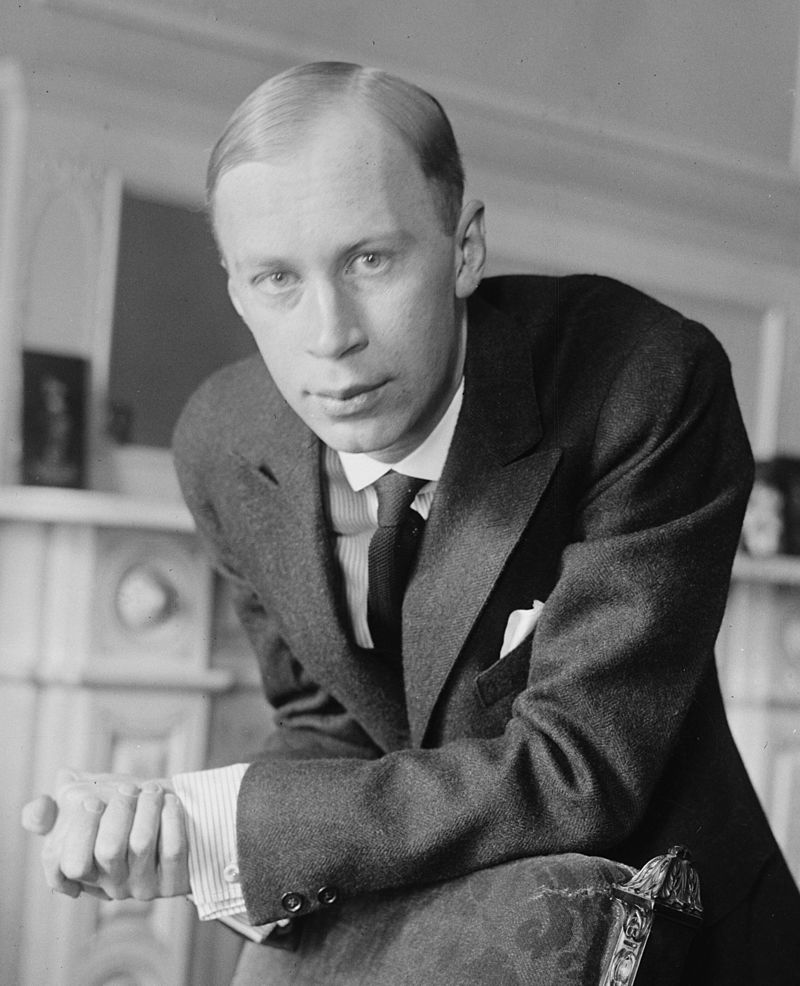
He began piano lessons when he was 4-years-old and wrote his first opera in 1900 when he was only 9 years old.
In 1904, the 13 year old Prokofiev passed the entrance exams for the St. Petersburg Conservatory and entered the school being younger than most of his classmates.
He graduated from his class in 1909 as an average student and continued at the Conservatory, studying piano under Anna Yesipova.
He won first prize in the diploma piano competition in 1914, performing his own First Piano Concerto.
Prokofiev left Russia after the revolution in 1918 and at first went to the United States where he was immediately compared to another famous Russian immigrant, Sergei Rachmaninov.
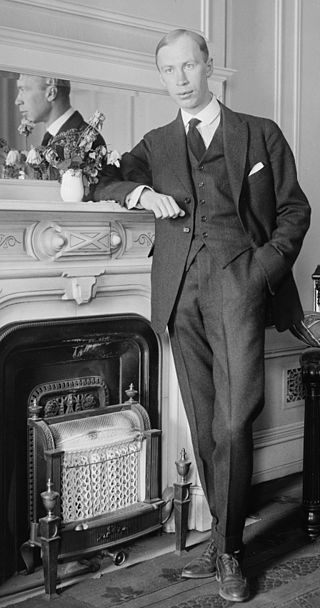
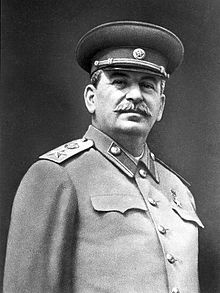
During 1922–23rd, Prokofiev spent more than a year and a half in southern Germany and later went to live in Paris with his wife, the Spanish mezzo-soprano Lina Llubera.
He was enough popular, however, for the Soviet regime to want him to come back and to woo him with promises of performances and privilege.So, in the mid-1930s he finally moved from Paris with his Spanish-born wife, Lina and their two sons.
In the years preceding World War II, Prokofiev created a number of classical masterpieces. Among them were the very famous symphonic fairy tale Peter and the Wolf, the ballet Romeo and Juliet and the film scores for the Russian director Sergei Eisenstein’s Ivan the Terrible.
When World War II ended, Prokofiev was condemned by the Party Central Committee for writing music that was too Western, modernist and elitist for the Soviet public.
In Stalin’s second purge he was publicly excoriated, deprived of work, reduced to near-starvation and even eight of Prokofiev’s works were banned from performing.
Sergei Prokofiev died On March 5, 1953, but only a few people knew about that because Stalin died on the same day. Prokofiev had been ill for many years and probably died from a cerebral hemorrhage.
In his last days the famous composer lived near the Red Square, so after the death of Stalin this area was so jammed with Stalin mourners for three days, that it was impossible to carry his body out for the funeral service.
The composer’s funeral, attended by 40 friends and family members, was hastily conducted few hours before the great spectacle of Stalin’s state ceremony.
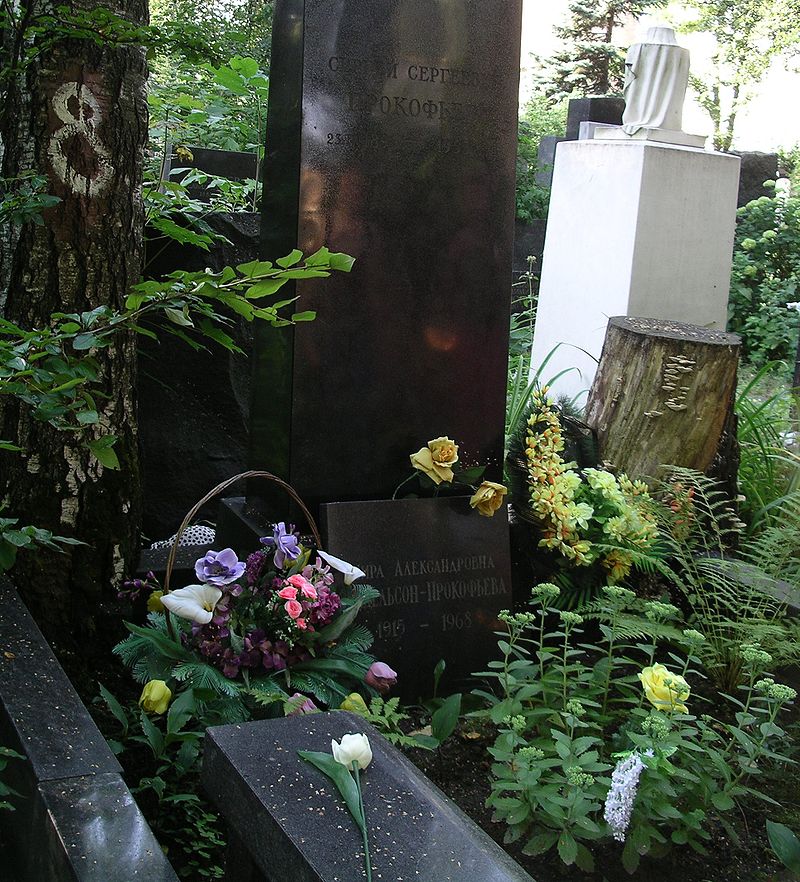
No musicians could be found to play the great composer’s funeral. Every musician of any note was ordered to perform at Stalin’s funeral and the various surrounding festivities.
Prokofiev had no flowers at his funeral; every flower in Moscow went to Stalin’s, which meant Prokofiev got paper flowers and a taped recording.
